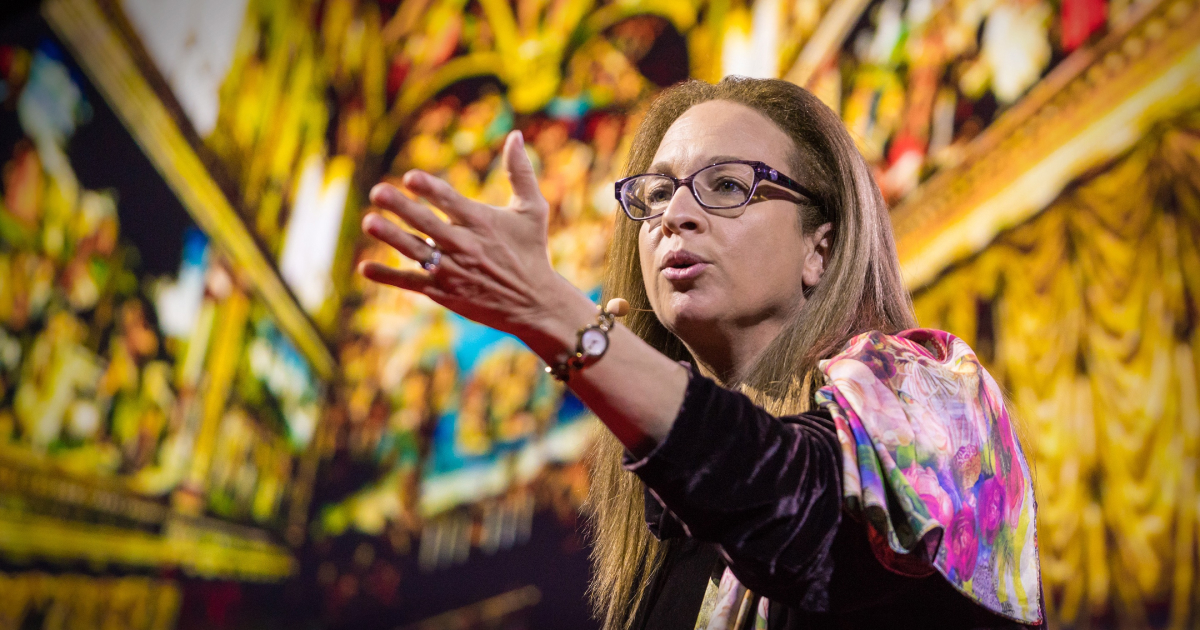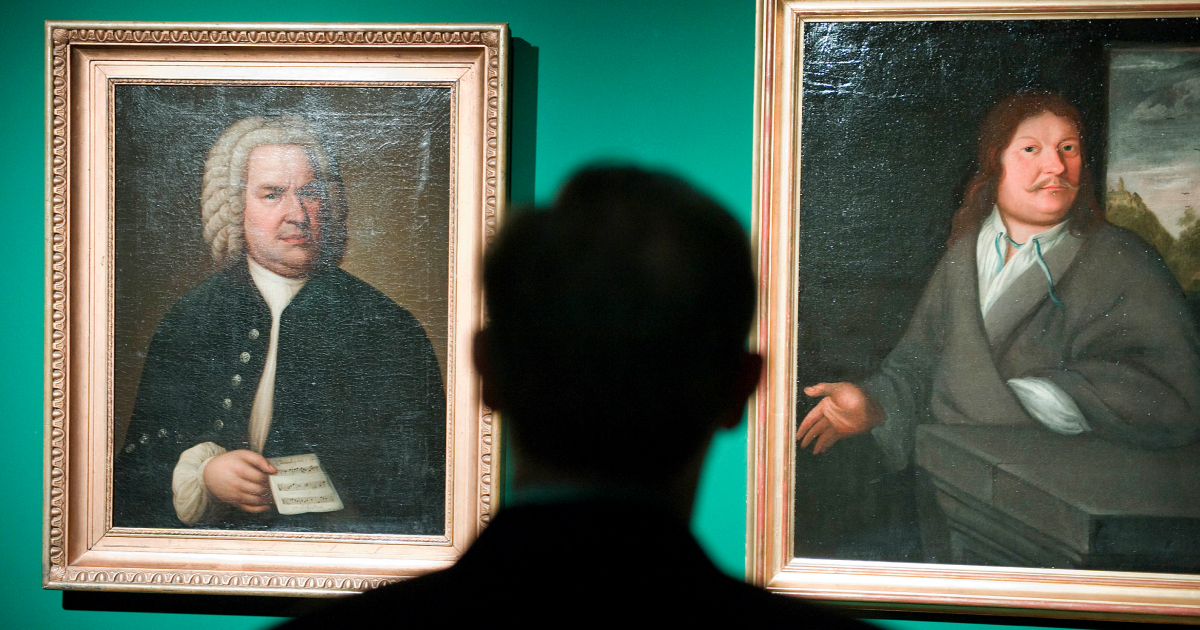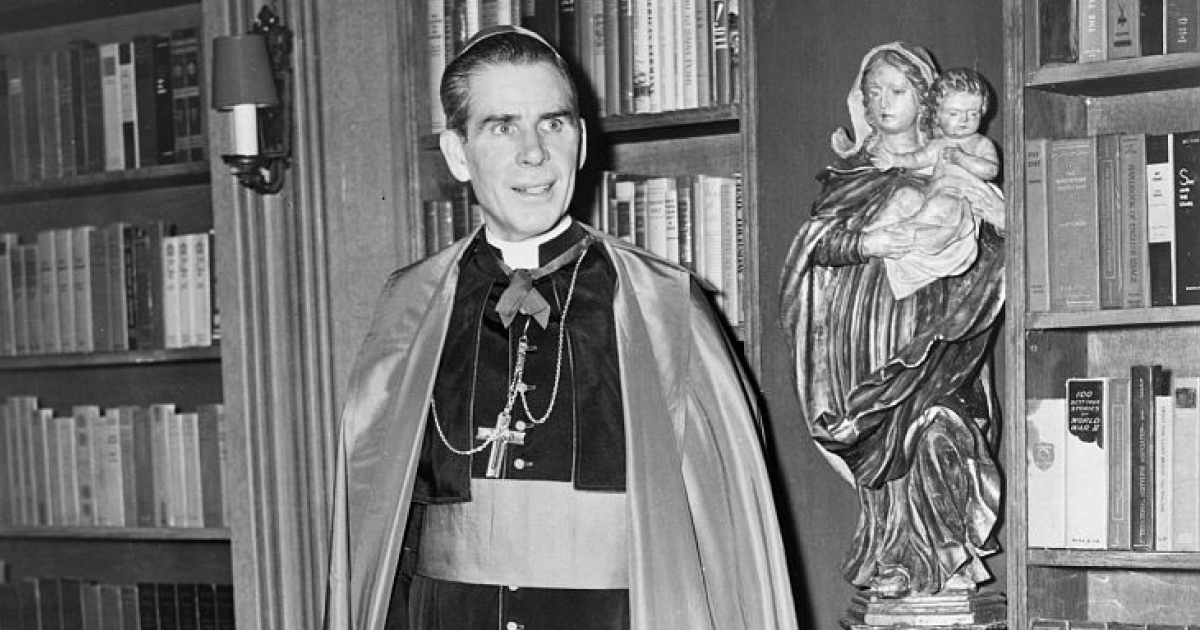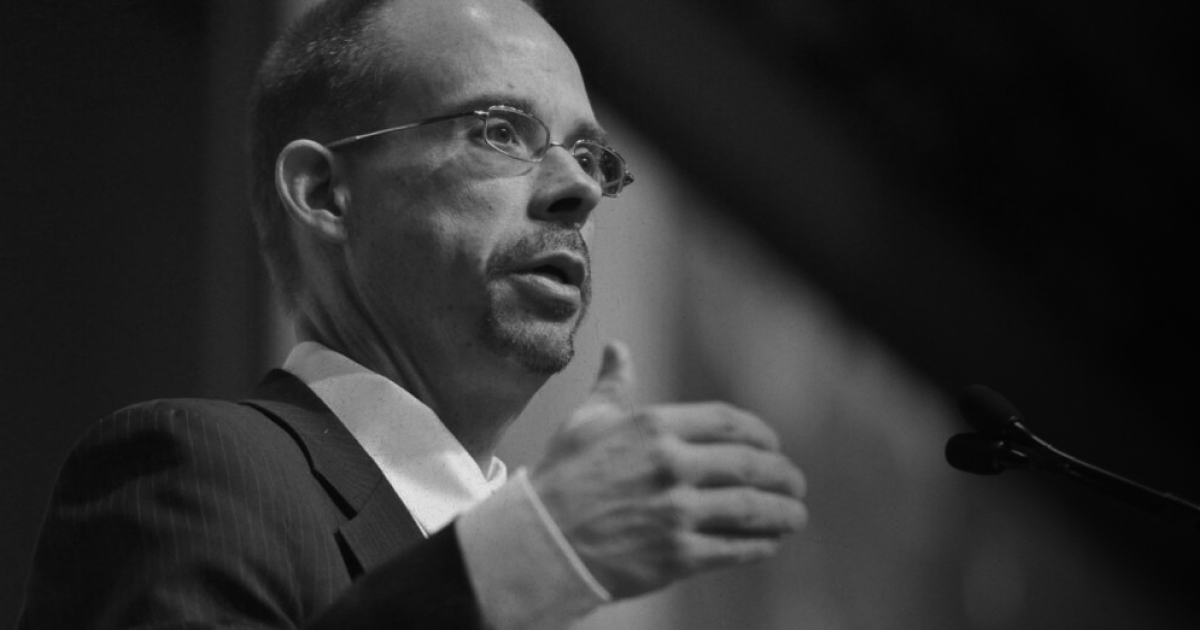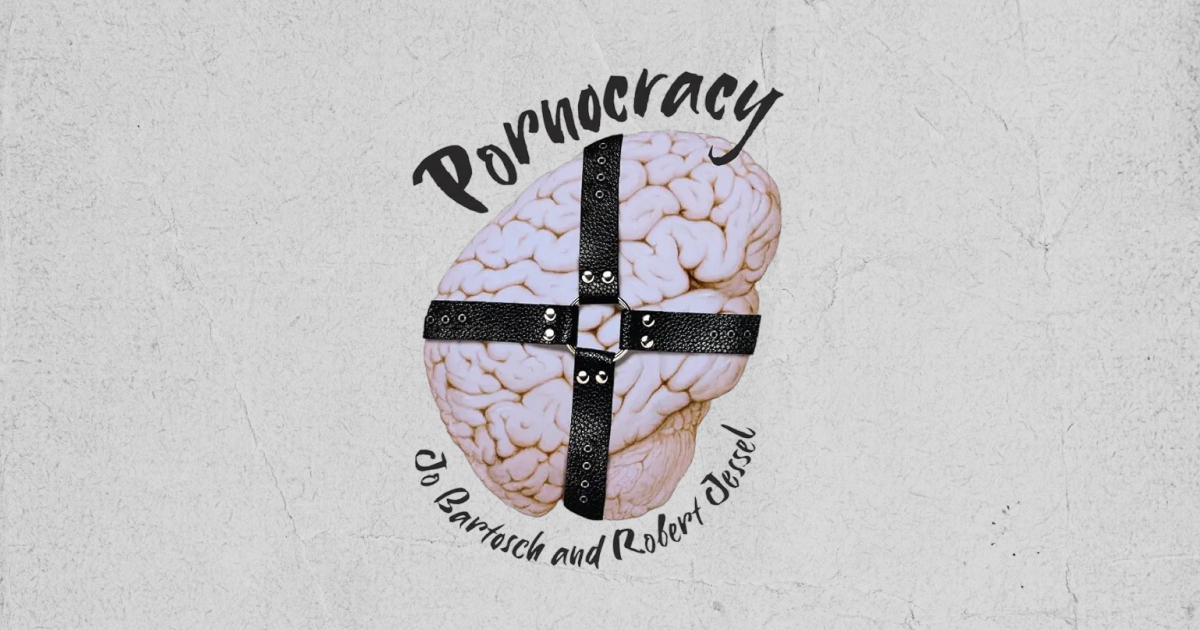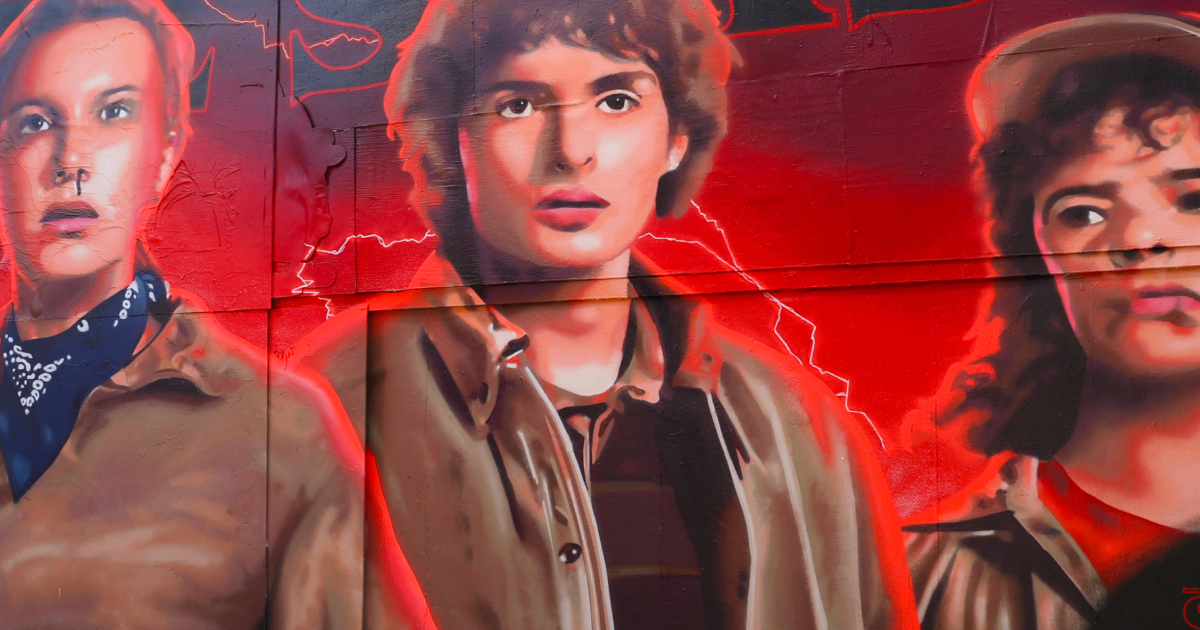There are certain occasions in history which defined themselves as before and after moments. The Kennedy assassination was one, the terrorist attack of 9/11 was another.
Arguably the week in which Parliament voted to decriminalise abortion until birth on one day and legitimise assisted suicide on another was also one of those occasions which will remain as a searing of the communal memory, for English Catholics at least.
To the historically aware, one of the ways in which Christianity most clearly defines itself as being different from both pagan and atheist alternatives is its passionate and profound belief in the sanctity of life.
We might go further and say that this belief and practice is one of the main distinguishing features that allows us to call a culture Christian. If a culture or civilisation is not Christian, the alternatives are for it to be either pagan or secular. Increasingly it seems that there is an overlap between the secular and pagan.
Tom Holland uses the pity and protection of babies as the litmus test of Christian culture. In an interview he explained: “Archaeologist can generally tell a pre-and post-Christian society is drainage system because the pre-Christian sewers are littered with little baby bones.”
In his book Dominion, he reminds us of the impact of Christianity as he looked through the eyes of the Cappadocian fathers, St Basil the Great and St Gregory Nazianzus.
“While Gregory noted his friend Basil as his teacher, in his insistence on the equal worth of all humans he was more influenced by his older sister Macrina,” he wrote. “The eldest child in the family, it was Macrina who had convinced Gregory to abandon an aristocratic civil career and take up an ecclesiastical post. She was also well educated and highly intelligent, but she took on an ascetic life and devoted herself to caring for the sick and the poor with the passionate intensity that marked all of the family’s endeavors. In a world where infanticide was widely practised, with infant girls being the most commonly abandoned to death, Macrina searched garbage dumps for babies left to die and brought them home to raise.”
When she died, Holland notes, “it was not his brother, the celebrated bishop …. whom Gregory thought to compare to Christ, but his sister” (p. 126).
In Holland’s view the actions of St Macrina symbolically marked the moment when the ancient world moved from its pagan past into its Christian future.
In the same way that society was transformed by the emerging Christian insistence on the sanctity of life, so we have come to a moment in history which marks the point when society will slip into a period of dehumanising brutality following its repudiation of the faith.
The steps taken by the politicians in the House of Commons recently were to legislate to give the state permission to murder babies and abet the suicide of the elderly.
This is not only a deep affront to the catechised sensitivities of the Catholic conscience but it is an aiding and abetting of the death not only of people, but a civilisation.
It needs to be understood and commented on for what it is; not just the collapse of Christian sensibilities before an increasingly rampant fundamentalist feminism, but the selling out to a dangerous and merciless incoming pagan culture. No Catholic could consent to it and retain their integrity as a Catholic. But what do we say to purported Catholic politicians who facilitate it, either by voting from it or even engaging in the exercise in cowardice, abstaining?
In the past when the state has moved against Catholicism or assaulted Catholic integrity, faithful Catholics have been willing to die for the principles of their faith.
What we have now is Catholic MPs who so far from being willing to entertain any sacrifice or life, career or comfort, have refused to use their vote and offer any resistance.
It cannot be a surprise that a parish priest of a congregation that contains a Westminster MP should want to warn the legislator in the strongest possible terms available of what their duty was as a Catholic. This came to the public’s attention when the MP, Chris Coghlan, turned on his parish priest on X, publicising the fact that his priest, Fr Ian Vane, had warned him that he ran the risk of being denied Communion.
In fact, invoking the twitter mob had exactly the opposite effect. Catholics of all kinds joined in their passionate defence of the Fr Vane.
But in considering the issues this public spat raised, two additional questions need to be asked. The first is whether or not in the rather fuzzy jungle of constitutional principles that we have, an MP has a direct duty to be a representative of the views of some or all of his constituents?
Edmund Burke, in his famous "Speech to the Electors of Bristol”, articulated a “trustee model” of representation, arguing that MPs should exercise their own judgment and conscience in Parliament, rather than simply acting as delegates for their constituents' immediate wishes. He believed MPs should prioritise the national interest and their own informed understanding over the specific demands of their local electorate. So, in the case of Mr Coghlan, it doesn’t matter that a number of his constituents had developed a fondness for decriminalising the killing of babies up to the point of birth, as an MP he was entitled to vote according to higher principles.
The second question is whether or not he should be refused Communion as his parish priest Fr Vane warned? Leaving aside the specific arguments embedded in canon law, at other times it was the practice of the local bishop to have written to a Catholic MP discreetly reminding him or her of their duty. Reports are emerging this the diocesan bishop has backed the MP and not the parish priest. If so, that becomes a double betrayal of the Catholic faith.
But this is a sign of the extent of the demoralisation of the contemporary Church.
Few sights were more disheartening under the last pontificate than to see the welcome Pope Francis offered to Nancy Pelosi, abortion advocate extraordinaire whose access to Communion in the light of her advocacy caused such scandal to the faithful.
The difference in opinion between Chris Coghlan and Fr Vane is sadly a local example of a wider and more pressing issue; that of the extent to which lay Catholics have been sufficiently catechised in the integrity of the faith, and clergy and bishops are willing to take the lead in the resistance to the destruction of Christian culture and civilisation.
Perhaps we should be grateful to Chris Coghlan for so tragically (if inadvertently) highlighting the extent of the betrayal of Christian culture and Catholic integrity at such a critical point in our history. And return to the fray with greater clarity, redoubled confidence and a willingness to make sacrifices consistent with our love of Christ, His Gospel and His Church, in the face of one of the most corrosive and dangerous assaults in the faith in the history of our culture.
(Photo: PETER MUHLY/AFP/Getty Images)
There are certain occasions in history which defined themselves as before and after moments. The Kennedy assassination was one, the terrorist attack of 9/11 was another.
Arguably the week in which Parliament voted to decriminalise abortion until birth on one day and legitimise assisted suicide on another was also one of those occasions which will remain as a searing of the communal memory, for English Catholics at least.
To the historically aware, one of the ways in which Christianity most clearly defines itself as being different from both pagan and atheist alternatives is its passionate and profound belief in the sanctity of life.
We might go further and say that this belief and practice is one of the main distinguishing features that allows us to call a culture Christian. If a culture or civilisation is not Christian, the alternatives are for it to be either pagan or secular. Increasingly it seems that there is an overlap between the secular and pagan.
Tom Holland uses the pity and protection of babies as the litmus test of Christian culture. In an interview he explained: “Archaeologist can generally tell a pre-and post-Christian society is drainage system because the pre-Christian sewers are littered with little baby bones.”
In his book <em>Dominion</em>, he reminds us of the impact of Christianity as he looked through the eyes of the Cappadocian fathers, St Basil the Great and St Gregory Nazianzus.
“While Gregory noted his friend Basil as his teacher, in his insistence on the equal worth of all humans he was more influenced by his older sister Macrina,” he wrote. “The eldest child in the family, it was Macrina who had convinced Gregory to abandon an aristocratic civil career and take up an ecclesiastical post. She was also well educated and highly intelligent, but she took on an ascetic life and devoted herself to caring for the sick and the poor with the passionate intensity that marked all of the family’s endeavors. In a world where infanticide was widely practised, with infant girls being the most commonly abandoned to death, Macrina searched garbage dumps for babies left to die and brought them home to raise.”
When she died, Holland notes, “it was not his brother, the celebrated bishop …. whom Gregory thought to compare to Christ, but his sister” (p. 126).
In Holland’s view the actions of St Macrina symbolically marked the moment when the ancient world moved from its pagan past into its Christian future.
In the same way that society was transformed by the emerging Christian insistence on the sanctity of life, so we have come to a moment in history which marks the point when society will slip into a period of dehumanising brutality following its repudiation of the faith.
The steps taken by the politicians in the House of Commons recently were to legislate to give the state permission to murder babies and abet the suicide of the elderly.
This is not only a deep affront to the catechised sensitivities of the Catholic conscience but it is an aiding and abetting of the death not only of people, but a civilisation.
It needs to be understood and commented on for what it is; not just the collapse of Christian sensibilities before an increasingly rampant fundamentalist feminism, but the selling out to a dangerous and merciless incoming pagan culture. No Catholic could consent to it and retain their integrity as a Catholic. But what do we say to purported Catholic politicians who facilitate it, either by voting from it or even engaging in the exercise in cowardice, abstaining?
In the past when the state has moved against Catholicism or assaulted Catholic integrity, faithful Catholics have been willing to die for the principles of their faith.
What we have now is Catholic MPs who so far from being willing to entertain any sacrifice or life, career or comfort, have refused to use their vote and offer any resistance.
It cannot be a surprise that a parish priest of a congregation that contains a Westminster MP should want to warn the legislator in the strongest possible terms available of what their duty was as a Catholic. This came to the public’s attention when the MP, Chris Coghlan, turned on his parish priest on X, publicising the fact that his priest, Fr Ian Vane, had warned him that he ran the risk of being denied Communion.
In fact, invoking the twitter mob had exactly the opposite effect. Catholics of all kinds joined in their passionate defence of the Fr Vane.
But in considering the issues this public spat raised, two additional questions need to be asked. The first is whether or not in the rather fuzzy jungle of constitutional principles that we have, an MP has a direct duty to be a representative of the views of some or all of his constituents?
Edmund Burke, in his famous "Speech to the Electors of Bristol”, articulated a “trustee model” of representation, arguing that MPs should exercise their own judgment and conscience in Parliament, rather than simply acting as delegates for their constituents' immediate wishes. He believed MPs should prioritise the national interest and their own informed understanding over the specific demands of their local electorate. So, in the case of Mr Coghlan, it doesn’t matter that a number of his constituents had developed a fondness for decriminalising the killing of babies up to the point of birth, as an MP he was entitled to vote according to higher principles.
The second question is whether or not he should be refused Communion as his parish priest Fr Vane warned? Leaving aside the specific arguments embedded in canon law, at other times it was the practice of the local bishop to have written to a Catholic MP discreetly reminding him or her of their duty. Reports are emerging this the diocesan bishop has backed the MP and not the parish priest. If so, that becomes a double betrayal of the Catholic faith.
But this is a sign of the extent of the demoralisation of the contemporary Church.
Few sights were more disheartening under the last pontificate than to see the welcome Pope Francis offered to Nancy Pelosi, abortion advocate extraordinaire whose access to Communion in the light of her advocacy caused such scandal to the faithful.
The difference in opinion between Chris Coghlan and Fr Vane is sadly a local example of a wider and more pressing issue; that of the extent to which lay Catholics have been sufficiently catechised in the integrity of the faith, and clergy and bishops are willing to take the lead in the resistance to the destruction of Christian culture and civilisation.
Perhaps we should be grateful to Chris Coghlan for so tragically (if inadvertently) highlighting the extent of the betrayal of Christian culture and Catholic integrity at such a critical point in our history. And return to the fray with greater clarity, redoubled confidence and a willingness to make sacrifices consistent with our love of Christ, His Gospel and His Church, in the face of one of the most corrosive and dangerous assaults in the faith in the history of our culture.
<em>(Photo: PETER MUHLY/AFP/Getty Images)</em>








